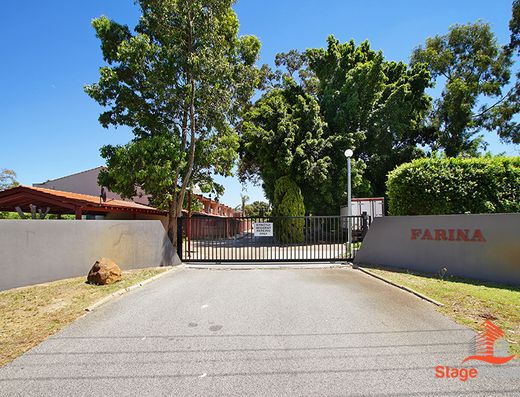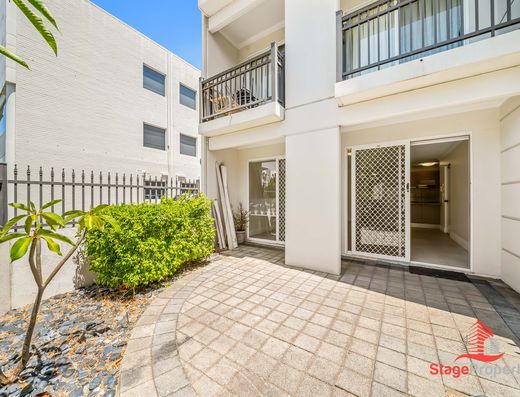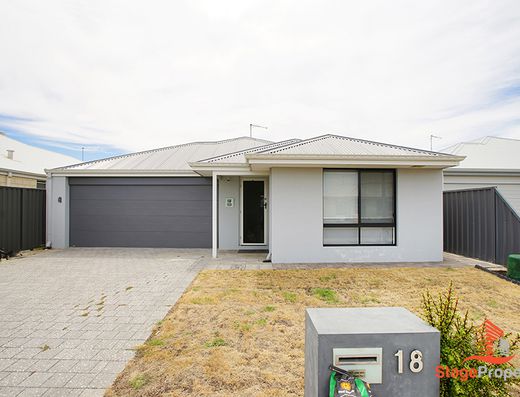Tenants and Airbnb
Even though short-term accommodation websites have been around for quite a while, there is no doubt that the appetite for “cutting out the middleman” and getting a bargain are proving even more popular than ever. People are flocking to websites like Airbnb to seek out short term accommodation when travelling.
Airbnb acts as an introduction agency that puts people who have a property to lease in touch with people that who are looking to lease a property. They charge a small commission to the person renting out the property. Someone can rent a room in their house/flat or the whole property. This can be from 1 day to any length of time. There are over 80,000 Airbnb listings in Australia at any given time and over 2 million properties listed over 191 countries across the world.
Whilst obviously popular – there are some Councils in Australia that have imposed regulatory by-laws preventing people from being able to advertise their homes for short-term accommodation. Depending on which State you are in will depend on whether the local Council has the authority to interfere in this process. For example, in New South Wales local Councils can determine whether an individual can let a property as a holiday rental.
The question many Landlords have is whether their Tenants are able to offer a room or their property to third parties on Airbnb. To answer this, a Supreme Court case in Victoria considered whether Airbnb was a sublease or a licence.
In this particular case, the Landlord, owned a two-bedroom apartment in Melbourne which she leased to two Tenants on a 12-month Lease.
The Tenants then listed the apartment on Airbnb for short-term stays. The Landlord initiated proceedings against the Tenants based on the fact that they had sublet the apartment unlawfully to third parties without her consent.
At first instance, the Victorian Civil and Administrative Tribunal (VCAT), held that the Tenants had only granted licences, and not Leases to their Airbnb clients. As such, the Victorian Consumer Affairs Tribunal (VCAT) ruled that the Tenants had not sublet the apartment.
However, the Supreme Court overturned the original VCAT decision, deciding that the Tenants had let the whole apartment and that it was a sublease rather than a licence. As the Tenant’s Lease prohibited sub-leasing, this was considered a breach of their Tenancy Agreement.
Some of the complexities around Tenants offering a property for short-term accommodation is how this impacts on Landlord insurance. It also raises the question of who is responsible for any complaint caused by the action of short-term visitors. When properties are in communal residential buildings, the issue of security also needs to be considered. Airbnb guests are being provided with copies of keys and access to resident-only sections of the building. Understandably, this causes concern for other residents.
If you are concerned about whether your Tenant is able to sub-lease or offer your property to third parties through Airbnb or any other website, speak to your Property Manager and ensure that it is included in your Tenancy Agreement.









